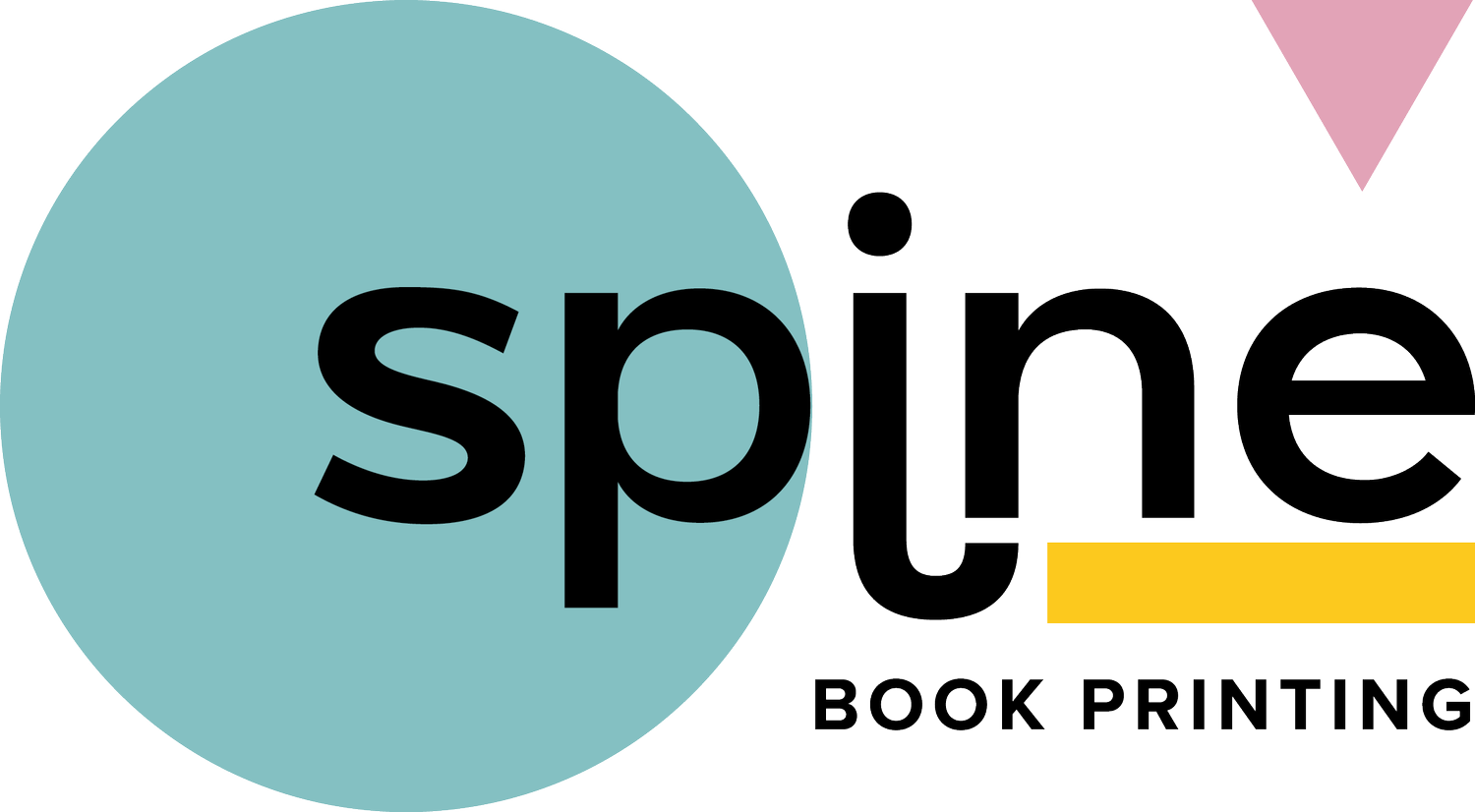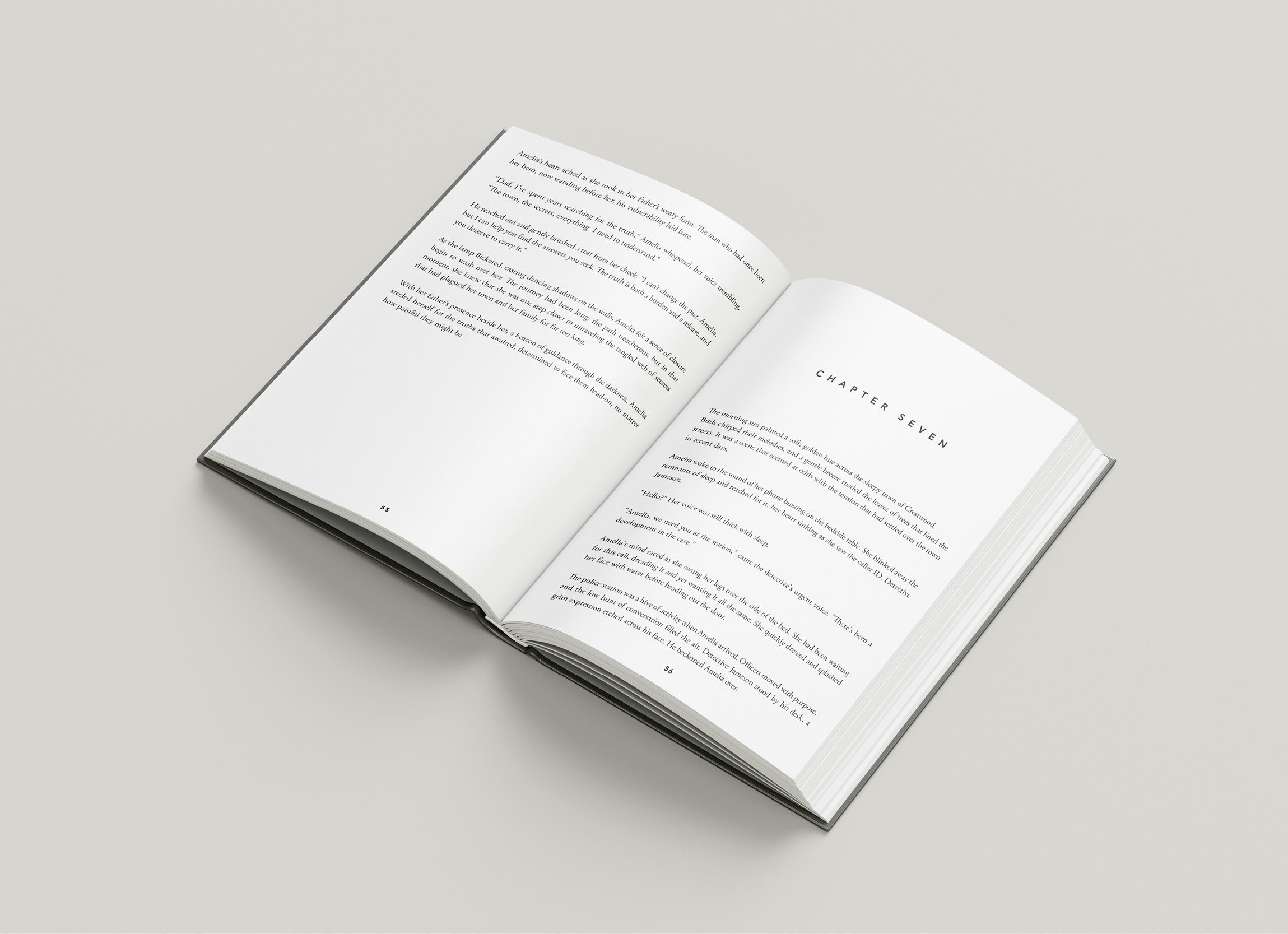Embracing Eco-Friendly Printing Practices for Your Self-Published Book: Sustainable Choices for a Greener Future
A growing number of authors are seeking to infuse eco-friendliness into every aspect of their self-publishing journey, now more than ever in today's environmentally conscious society. Embracing green printing practices not only creates a positive impact on our planet but also resonates with your readers who share similar environmental concerns. By incorporating sustainable materials and production methods into the creation of your self-published book, you can leave a lasting impression that goes beyond the written word.
In this comprehensive guide, we will examine the advantages and possibilities afforded by eco-friendly printing, evaluating a range of sustainable options suited to both your book's aesthetic and your green ethos. We'll discuss the benefits of using recycled paper and soy-based inks, along with exploring energy-efficient printing practices and the role of digital publishing in reducing one's environmental footprint. By the end of this guide, you will be equipped with the knowledge and inspiration to unite your passion for literature with your commitment to safeguarding the planet for future generations.
As authors, publishers, and custodians of the written word, we have a unique opportunity to contribute positively to environmental conservation. By embracing eco-friendly printing practices and making informed choices about our self-publishing methods, we can promote sustainability, inspire our readers, and play a meaningful role in shaping a greener future. Join us as we explore the exciting options and possibilities for creating a sustainable and eco-friendly self-published book that benefits not only our literary legacy but also the planet we all share.
1. Benefits of Eco-Friendly Printing for Your Self-Published Book
Eco-friendly printing practices are more than just a nod towards environmental responsibility; they can yield a multitude of benefits for your self-published book, helping you make a conscious and positive impact. Some key advantages of embracing green printing practices include:
Environmental Conservation: Using sustainable materials and methods helps reduce your carbon footprint, conserving natural resources, and minimising the environmental impact of your book production.
Engaging Eco-Conscious Readers: By promoting your book as the result of eco-friendly printing practices, you can attract like-minded readers who share your commitment to environmental sustainability.
Alignment with Personal Values: As an author, opting for green printing practices displays your dedication to environmental responsibility, making it a powerful statement that reflects your values and beliefs.
Enhanced Reputation: Demonstrating your commitment to the planet by using eco-friendly techniques reflects positively on your author brand, further enhancing your credibility among readers and industry professionals.
2. Sustainable Paper Options for Your Book
One of the essential components of eco-friendly printing is the choice of paper, with the potential for numerous green options that strike a balance between aesthetic and environmental values:
Recycled Paper: A popular environmentally friendly choice, recycled paper utilises post-consumer waste and reduces the demand for virgin pulp, conserving trees, water, and energy.
FSC-Certified Paper: The Forest Stewardship Council (FSC) certification ensures that paper products have originated from responsibly managed forests, guaranteeing their environmental, social, and economic sustainability.
Paper with Fewer Chemicals: When selecting paper, opt for chlorine-free papers like Process Chlorine Free (PCF) or Totally Chlorine Free (TCF), which help reduce harmful toxic by-products.
3. Soy-Based Inks: A Greener Alternative for Printing Books
The choice of ink is another vital aspect of eco-friendly printing. Soy-based inks emerge as a popular alternative to petroleum-based inks, given their remarkable environmental benefits:
Renewable and Biodegradable: Soy-based inks are derived from soybeans, making them a renewable and biodegradable resource that is gentle on the environment.
Reduced VOC Emissions: Volatile Organic Compounds (VOCs) are harmful chemicals released during the printing process. Soy-based inks lead to lower VOC emissions as compared to petroleum-based inks, which contributes to improved air quality.
Superior Colour Vibrancy: In addition to being environmentally friendly, soy-based inks also provide vivid colours, making them an excellent choice for printing high-quality books that do not compromise on aesthetics.
4. Additional Eco-Friendly Printing Considerations
Aside from paper and ink choices, there are several other ways you can incorporate environmentally responsible practices into your self-publishing process:
Energy-Efficient Printers: Choose printing partners that deploy energy-efficient equipment and processes, such as using waterless printing methods or equipment with an Energy Star certification.
Print-on-Demand: Opting for print-on-demand services can reduce waste, as it ensures that books are only printed when demanded by readers, preventing overproduction and excess stock disposal.
Digital Publishing: Offering your self-published book in digital formats such as e-books and audiobooks reduces the environmental footprint associated with printing and contributes to the overall sustainability of your literary work.
As authors and self-publishers, we have a significant opportunity to make an impact on our environment by adopting eco-friendly printing practices. By choosing sustainable materials, incorporating renewable resources, and exploring environmentally responsible production methods, we can create a self-published book that not only captivates readers but also reflects our commitment to preserving the planet for generations to come.
At Spine Book Printing, we are dedicated to providing excellent book printing services in the UK, ensuring that you can achieve both your literary and environmental goals. Allow us to be your trusted partners in making a positive difference through your self-published works, and together, we will create a greener future for all.


